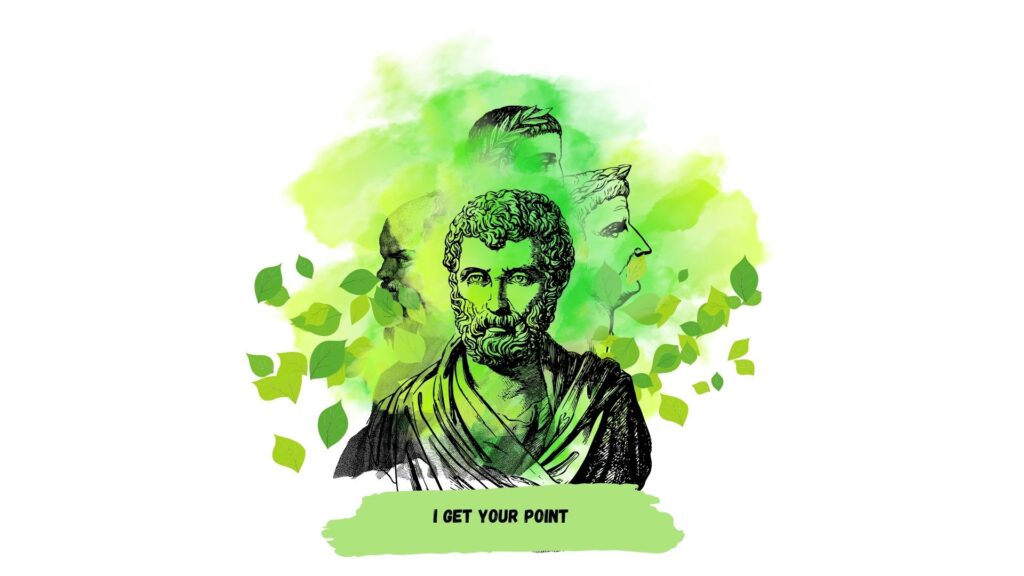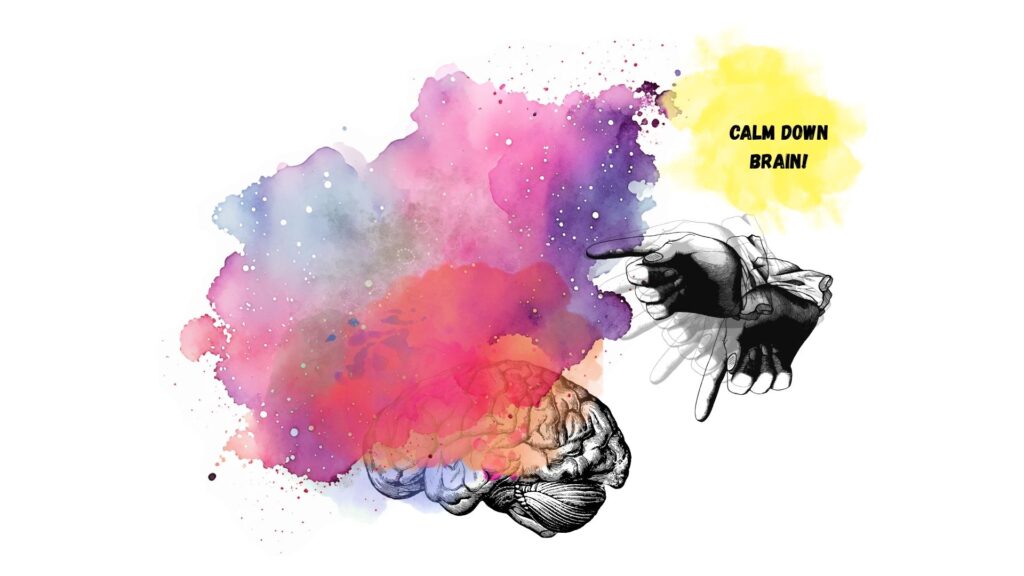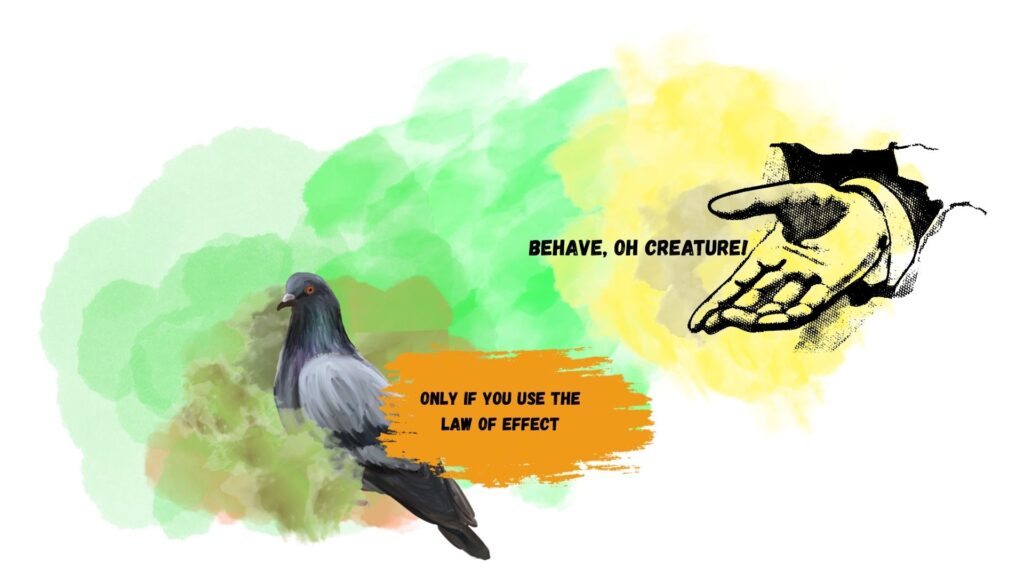The word Psychology comes from two Latin words psyche, meaning ‘soul’ and logia, meaning ‘study of’. So, in essence, psychology is the study of consciousness and its outcomes, in general. In modern times, psychologists have shifted to the definition:
Psychology is the scientific study of mental processes and behaviors.
As a separate discipline, psychology is a popular subject. According to data from the National Center for Education Statistics (NCES), psychology received 129,600 bachelor’s degrees in 2021–2022, placing it fifth among the top bachelor’s degrees.
This article will however not be about why should one pursue psychology as a discipline. Rather, I will explain how understanding mental process and behaviors is vital if you want to survive and progress in life.
So, let’s see why psychology is important!
Understanding Psychology Helps You Get What You Want

Here is a simple fact of the matter. Understanding others can help you make better decisions. Enough good decisions over a period of time and you can have the goal that you desire. Psychology thus helps majorly in making decisions which can optimize your life or get you out of a bad situation.
The following points show how psychology is important when you have a certain goal in mind.
Psychology Helps in Understanding Perspectives

Your boss has a narrative. Your client has a story to tell. Your friend has their own perspective.
Whoever the person is, they have a perspective that is based on a narrative of past events of their life. Understanding this narrative can be extremely helpful. It could be helpful in getting to know what the other person wants from you. It can be helpful in understanding what you have to do next to move towards what you want.
But not everything has to be about getting what you want.
Understanding the other person’s perspective can help you relate with them more. This can be extremely helpful when you want to pursue relationships.
After all, we are more likely to trust others if they do understand our perspective.
Psychology Helps in Managing Emotions

Ever felt overwhelmed by sadness or guilt or anger?
Human beings are emotional creatures. While emotions play a vital role in building empathy, being clouded by emotions often leads to bad decisions.
This happens because extreme emotions are often linked to the arousal of the Autonomic Nervous System. This system activates the fight or flight response. So, while going through extreme emotions we might make decisions that only give us relief in the short-term.
That is why individuals engage in violence when they are angry. Often, this violence results in some very painful consequences.
Consider the example of a young professional who has just entered the job market. Job markets are often not kind to fresh graduates. She sends out her CV to a bunch of organizations and gets no response from them. This is incredibly discouraging. If the young professional gives up on applying for jobs, she will stifle any opportunity that could have been possible.
This is even more problematic as it takes a number of tries (10+ applications) to land your first job. If being depressed makes her stop too early – she might miss out on an opportunity just around the corner!
Hence, it is vital to manage your emotions. Using certain psychological techniques and concepts taught in psychotherapy like cognitive restructuring, imagery, mindfulness, thought stopping and activity scheduling, you can manage these emotions far better.
Here are some brief ways by which you can manage painful emotions.
Psychology Helps in Managing Behaviors

Behavior is based on a basic principle. Edward Lee Thorndike proposed a Law of Effect which explains all behavior.
According to this law, behaviors which receive satisfying consequences are strengthened while behaviors which receive unsatisfying consequences are weakened.
Adding to this law is B.F. Skinner’s point that behaviors are strengthened or weakened based on both the antecedent (A) to the behavior (B) and the consequence (C) of the behavior as well. This is known as the ABC model of behavior.
Consider the example of a teacher not paying attention to disruptive students in the classroom. If this inattention is only from the teacher, while others in the class do attend to this disruptive behavior, the consequence is not potent enough for the student to stop misbehaving.
So, a psychologist would help the teacher come up with better strategies.
Psychologists use these behavioral principles to help people strengthen or weaken certain behaviors.
One can also apply this model to one’s own behaviors. Moreover, the ABC model can be used very effectively to manage behaviors of other humans as well.
Psychology Helps in Managing Human Relations

So far, we have talked about managing one’s own emotions.
But we can help regulate emotions of others as well. This would require one to understand the other individual’s perspective and behavior. While navigating through human relationships can require an individual to be compassionate, the most important point is to understand the other’s point of view and psychological content.
Understanding psychology can thus help you get out of very tough spots with others. Moreover, following behavioral principles can help you get favorable outcomes from others.
Consider the example of a Human Resource manager who receives a report that an immigrant employee said something misogynistic to a female coworker. Here, the HR manager would do well to understand whether the comments by the foreign employee were simply because of a difference of culture or something more sinister.
In short, the HR department would have to be aware of psychological biases or sociocultural context of both employees.
Do keep in mind that psychological techniques should not be considered a substitute to actual work. Some people do consider these to be more important (see Machiavellianism) than competence.
However, healthy work and domestic relationships are built on some actual substance.
Psychology Helps in Business

Finalizing business deals is an art. Often employing a certain attitude can get you the deal that you want. For this, one has to research their client or the party they’re dealing with.
Moreover, a study notes that managerial motivation can potentially increase in expanding profits for a business.
How?
Well, motivated managers are more likely to motivate their subordinates! Moreover, they are more likely to work harder at their jobs and cut less corners.
So, if you are running a business, it would be a profitable thing to motivate your manager(s) and employees! You can do this pretty clinically and cost-effectively if you know what already motivates them on a psychological level.
This is just one of many ways psychology could help you run a business
On the other hand, if you are planning to start a business, psychology is important then, too.
Consider the example of an entrepreneur building a start-up. Various problems come his way. The client response that was originally there has slowly dried up. What should he do?
If he panics, he can make rash decisions. Instead, as he understands his own psychology, he regulates his emotions and reaches out to his colleagues or staff. They bring in new solutions. Together, they conduct a cost-benefit analysis. Their minds combine together, and they now have a plan forward.
Had he panicked, shouted at his employees rashly or in any way demotivated his staff, he would have had a much harder time getting to a plan. Entrepreneural ego is a very real thing. This, as a concept of psychology, has the ability to make or break a startup.
Remember the simple fact that human beings are biological, social and emotional creatures.
Understanding psychology can thus be the ultimate tool to get what you want and help others out, in the social environment.
Psychology is not just necessary in understanding why people feel down. Rather, psychology is also the study of human flourishing.
So, make it a habit to observe others with an open mind. Also make it a habit to see between the lines and research the people around you. A simple attitude could make a huge difference.
And, folks, that is why psychology is important!
I am a Clinical Psychologist and a Lecturer of Psychology at Government College, Renala Khurd. Currently, I teach undergraduate students in the morning and practice psychotherapy later in the day. On the side, I conjointly run Psychologus and write regularly on topics related to psychology, business and philosophy. I enjoy practicing and provide consultation for mental disorders, organizational problems, social issues and marketing strategies.





